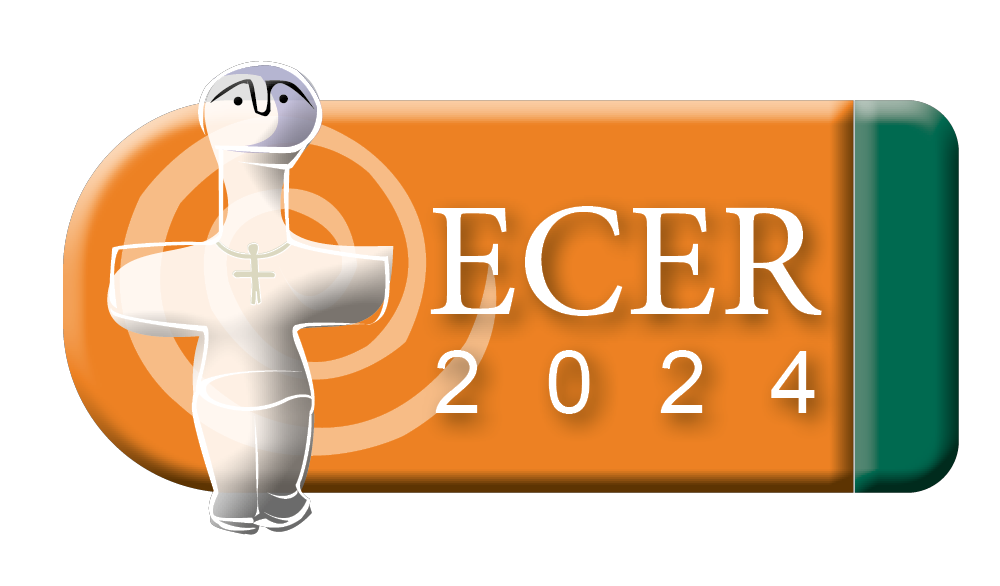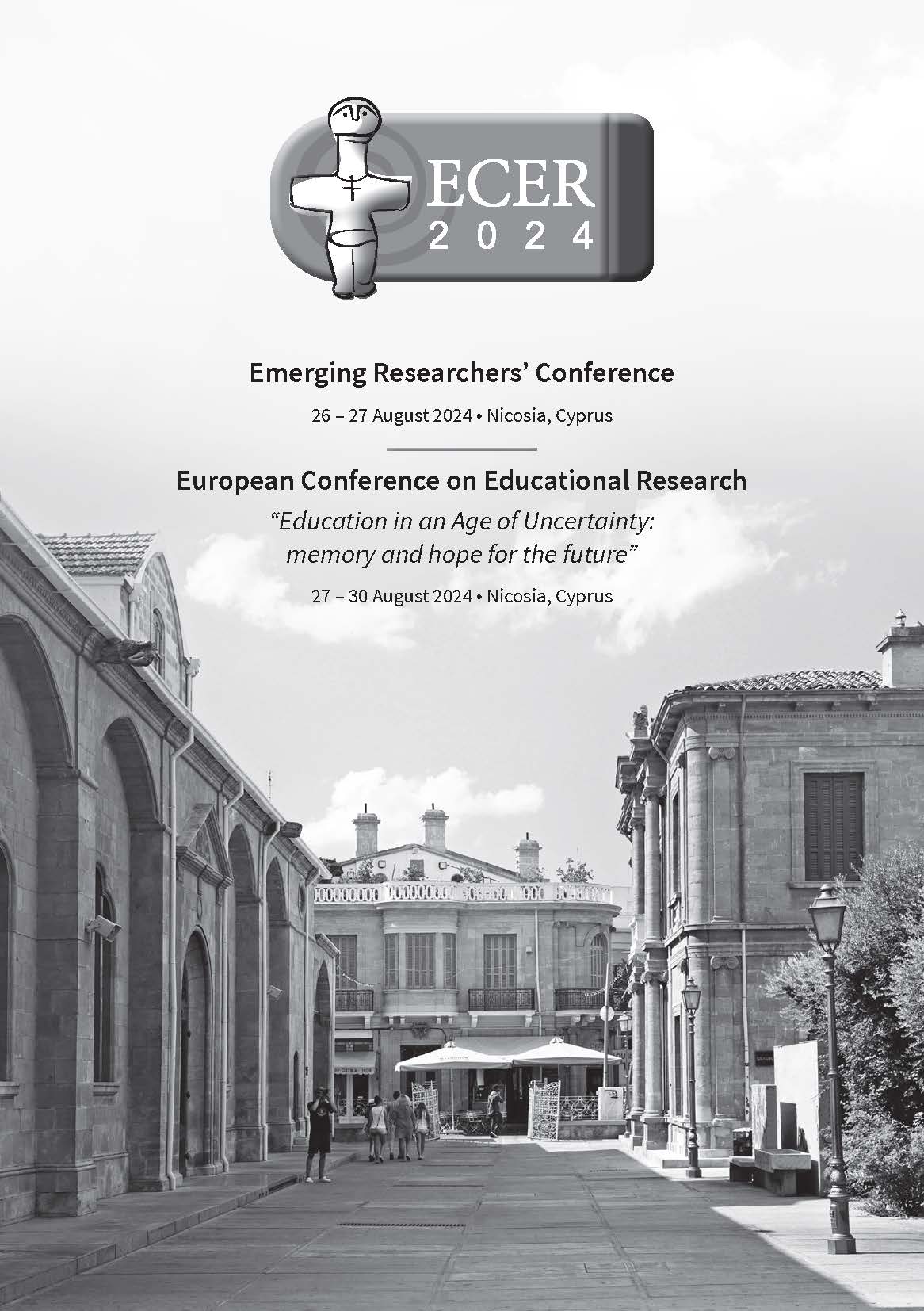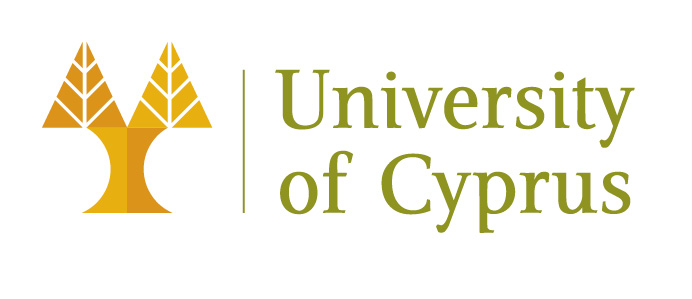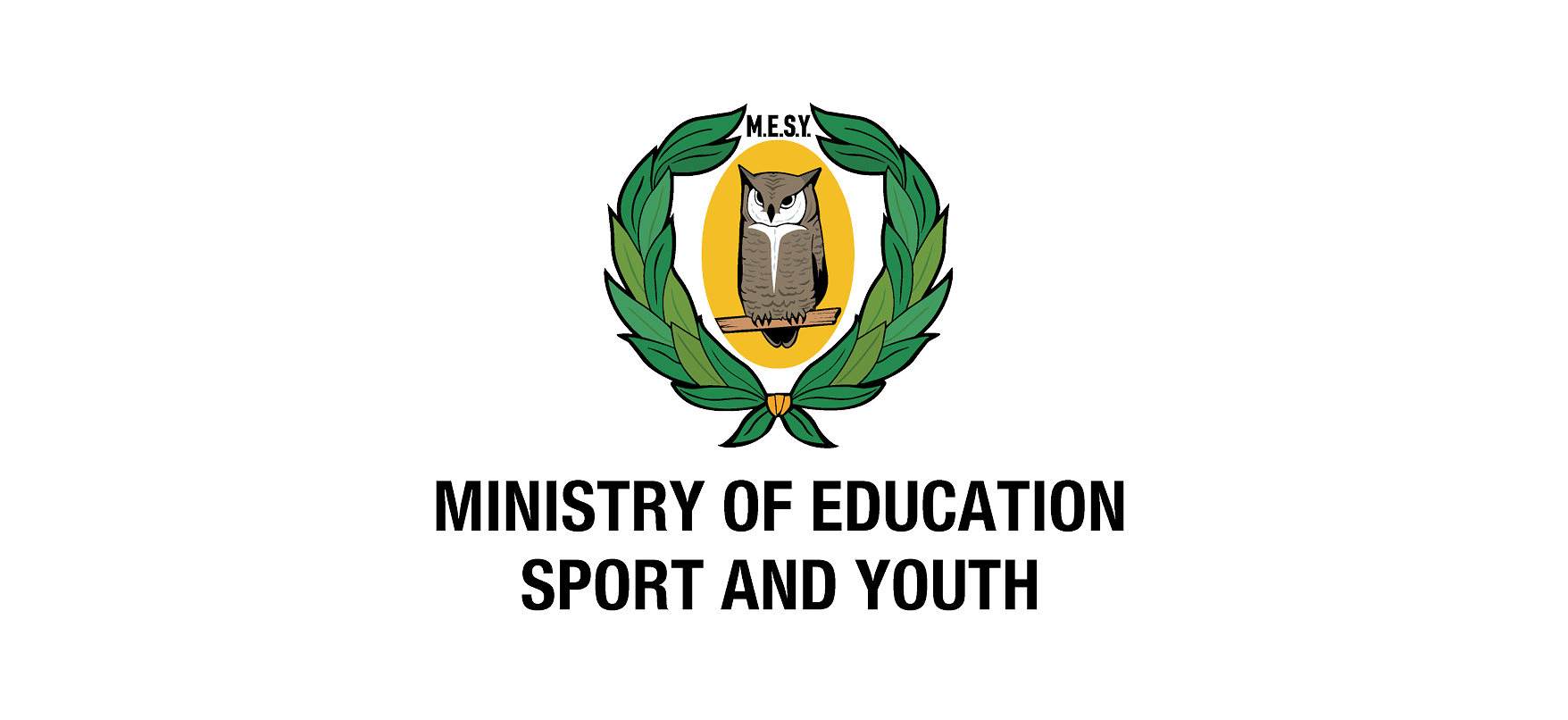Welcome
Welcome to our local services website for ECER 2024, Nicosia
Easyconferences supports EERA, the University of Cyprus and you as conference participant in all matters concerning accommodation, transport, travel advice as well as social and side events.
We look forward to welcoming you to the beautiful island of Cyprus with its wonderful food, hiking trails in the mountains and some of the best beaches in the world and we are prepared to support you in arranging your stay – no matter if you wish to stay at the beach or in Nicosia.
For detailed information on the programme, on how to submit and how to register for ECER 2024, please visit the ECER 2024 website – https://eera-ecer.de/conferences/ecer-2024-nicosia
Visit the Cyprus Museum in Nicosia
“We encourage all conference participants to visit the Cyprus Museum in Nicosia (also known as the Cyprus Archaeological Museum), the oldest and largest archaeological museum in Cyprus. Located on Museum Street in central Nicosia, this renowned museum houses the most extensive collection of Cypriot antiquities in the world, featuring artifacts discovered across the island.
Don’t miss the opportunity to explore this cultural gem and discover unique souvenirs, including jewelry inspired by the Idol of Pomos (Fertility Statue), the theme of this year’s conference.”
https://www.visitcyprus.com/index.php/en/discovercyprus/culture/museums-galleries/113-cyprus-museum
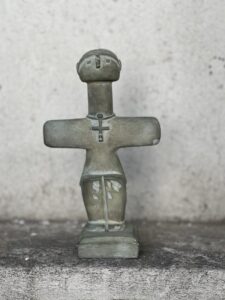

Conference Dates
26 – 27 August 2024 – Emerging Researchers’ Conference
27 – 30 August 2024 – European Conference on Educational Research
Important Dates
|
01.12.2023
|
Submission starts |
|
31.01.2024
|
Submission ends |
|
01.04.2024
|
Registration starts |
|
01.04.2024
|
Review results announced |
|
15.05.2024
|
Early bird ends |
|
26.06.2024
|
Presentation times announced |
|
30.06.2024
|
Registration Deadline for Presenters |
|
26.08.2024
|
ERC First Day |
|
27.08.2024
|
ECER First Day |
Cyprus
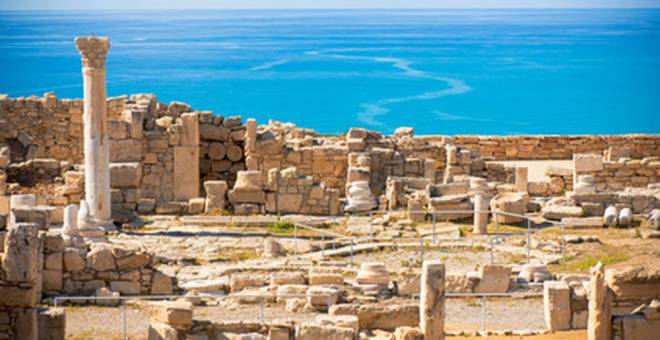
The history of Cyprus is one of the oldest recorded in the world and its historical significance is disproportionate to its small size. The first signs of civilisation date to the ninth millennium B.C. The earliest known foreign settlements on the island were mainly of Phoenicians and Greeks, with Phoenician culture dominating the island’s eastern and southern parts. Cyprus occupies an important role in Greek mythology being the birthplace of Aphrodite and Adonis, and home to King Cinyras, Teucer and Pygmalion.
Nicosia (Lefkosia)
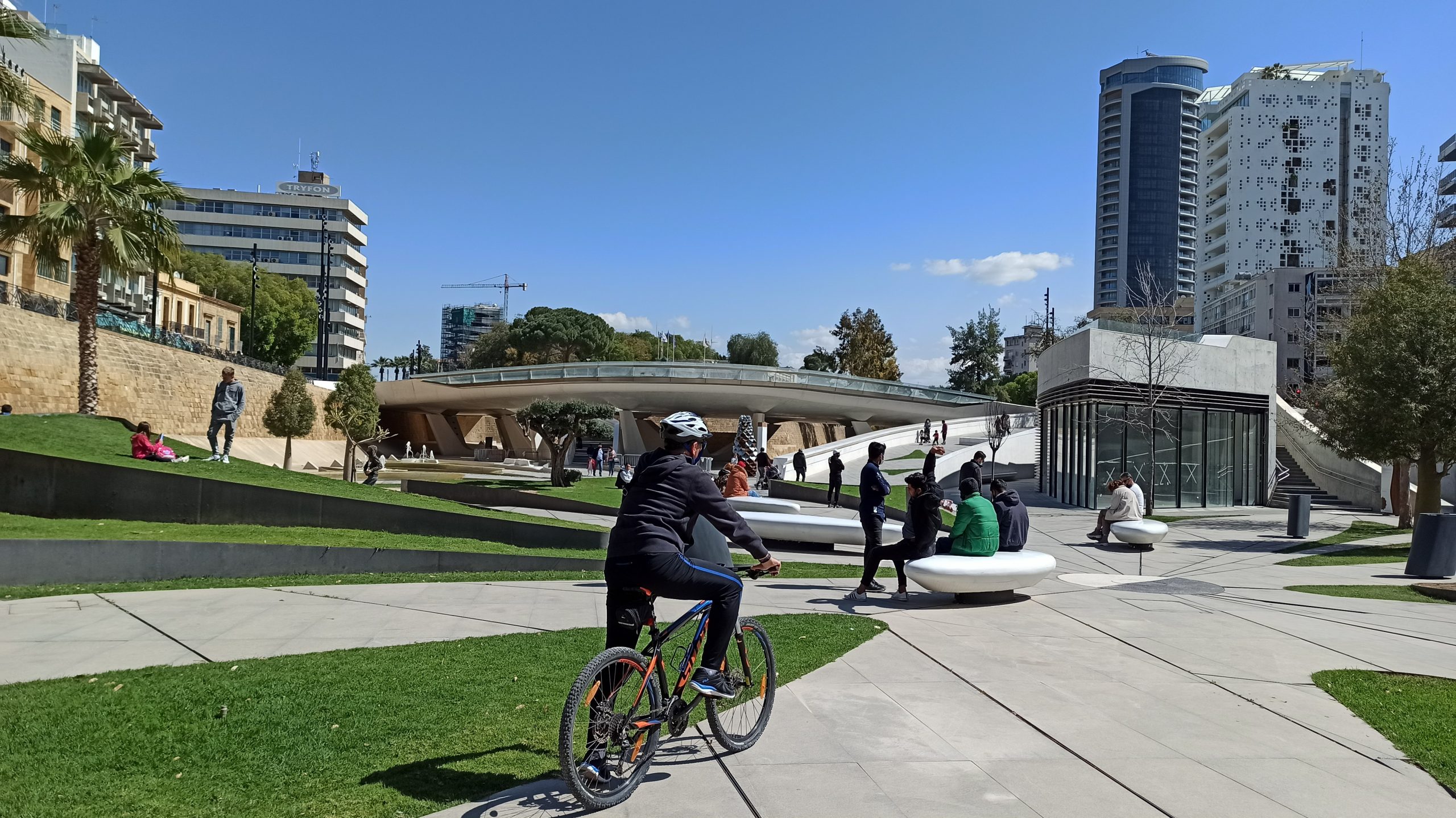
Nicosia is the capital of Cyprus; a status it has enjoyed for 1000 years since the 10th century, though its beginnings date back 5000 years to the Bronze Age. It lies roughly in the centre of the island in the Mesaoria Plain, flanked by the beautiful northern range of Kyrenia Mountains with its distinctive ‘Pentadaktylos’ – the five finger mountain. The capital presents two distinct faces: the old, original part of the city, surrounded by sturdy Venetian walls over 400 years old, and a busy modern metropolis.
Venue

The University of Cyprus (https://www.ucy.ac.cy/en/) was established in 1989 and admitted its first students in 1992. It was founded in response to the growing intellectual needs of the Cypriot people, and is well placed to fulfil the numerous aspirations of the country. The University is a vigorous community of scholars engaged in the generation and diffusion of knowledge. Despite its brief history, the University of Cyprus has earned the respect of the international academic community and the appreciation of Cypriot society.
Hosting Organisation
Under the Auspices
Supporters
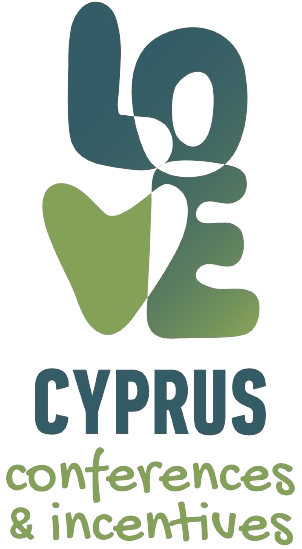

Special Lufthansa Group airlines fares for flights to Larnaca or Paphos.
Click here for more information





